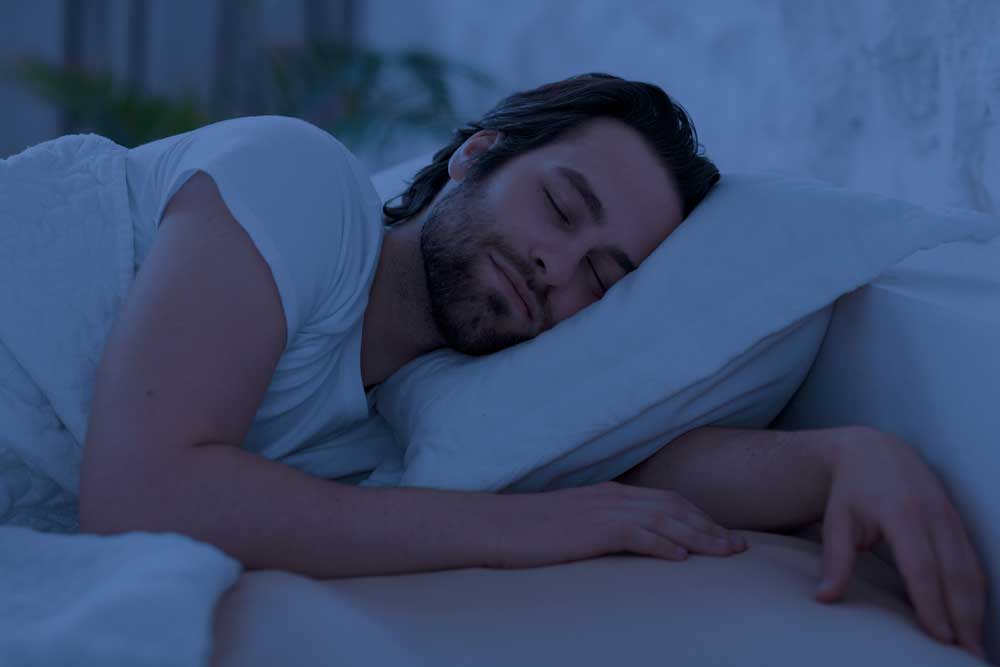Kava for Sleep: How This Ancient Root Can Support Restful Nights

For thousands of years, people in the South Pacific have sipped kava (Piper methysticum) to relax the mind, calm the body, and prepare for social or spiritual rituals. Today, this ancient root is enjoying a modern resurgence as a natural sleep aid—and emerging research is confirming what Pacific Island cultures have long known: kava can help promote restful, high-quality sleep.
What Makes Kava Effective for Sleep?
The secret to kava’s calming effects lies in compounds known as kavalactones. These active ingredients interact with various receptors in the brain, particularly GABA-A receptors, which help regulate nervous system activity. When GABA receptors are activated, the brain shifts into a more tranquil state, helping reduce anxiety, muscle tension, and mental restlessness—all of which can interfere with falling and staying asleep.
According to a study published in Sleep Medicine Reviews, kava shows strong anxiolytic (anti-anxiety) effects, with benefits for sleep quality especially in people with stress-related insomnia (Sarris et al., 2011). The review found kava to be significantly more effective than a placebo for improving sleep efficiency and reducing sleep latency (the time it takes to fall asleep).
How Kava Compares to Other Sleep Aids
Unlike many over-the-counter or prescription sleep medications, kava doesn’t cause grogginess the next morning or lead to dependency when used responsibly. One double-blind study from Phytotherapy Research found that participants who took a standardized kava extract reported reduced anxiety without cognitive impairment, which often accompanies pharmaceutical sedatives (Boerner et al., 2003).
Additionally, kava may enhance deep sleep stages (slow-wave sleep) without significantly altering REM sleep, according to preliminary findings. This makes it appealing for individuals looking to improve sleep quality without affecting dreaming or cognitive recovery cycles.
Best Times and Forms to Take Kava for Sleep
To get the best results from kava as a sleep aid, timing and form matter. Here’s what experts and experienced users recommend:
When to Take Kava
- 1-2 hours before bedtime is ideal.
- This allows time for the calming effects to set in while avoiding interruption of the body’s natural sleep rhythms.
- Avoid combining with alcohol or other sedatives.
Best Forms of Kava for Sleep
- Traditional kava root powder: Prepared as a tea or cold-water infusion. Most culturally authentic, but requires more time and effort.
- Instant kava mixes: Easier and quicker preparation; ideal for those new to kava.
- Kava capsules or tinctures: Good for precise dosing, especially if you’re incorporating it into a regular supplement routine.
Look for products that are made from noble kava varieties only, which are known for their calming, non-toxic profiles. Avoid tudei kava types, which can be more sedating and less safe for regular use.
Creating a Kava-Powered Sleep Ritual
Incorporating kava into a nightly wind-down routine can enhance both its effects and the overall quality of your sleep. Try this simple ritual:
- Unplug from devices 30–60 minutes before bed.
- Brew a calming cup of kava.
- Pair with deep breathing, gentle stretching, or reading.
- Create a low-light, peaceful sleep environment.
This blend of mindful practices and kava’s natural sedative properties can help train your body and brain to embrace deeper, uninterrupted rest.
The Dreamy Path Forward
While more large-scale studies are needed to fully understand all of kava’s effects on sleep architecture, current research and centuries of traditional use point to its value as a natural, plant-based alternative to chemical sleep aids. Whether you’re dealing with occasional sleeplessness or long-term insomnia, incorporating high-quality kava into your nighttime routine could be a gentle and effective way to support your journey to better sleep.
Note: Always consult with a healthcare provider before adding new supplements to your routine—especially if you are taking medications or have underlying liver conditions.
References:
- Sarris, J., et al. (2011). Kava: A Comprehensive Review of Efficacy, Safety, and Psychopharmacology. Sleep Medicine Reviews, 15(1), 1–13. DOI
- Boerner, R. J., et al. (2003). Kava-kava extract LI 150 is as effective as Opipramol and Buspirone in generalized anxiety disorder—an 8-week randomized trial. Phytotherapy Research, 17(10), 1085–1091. DOI

